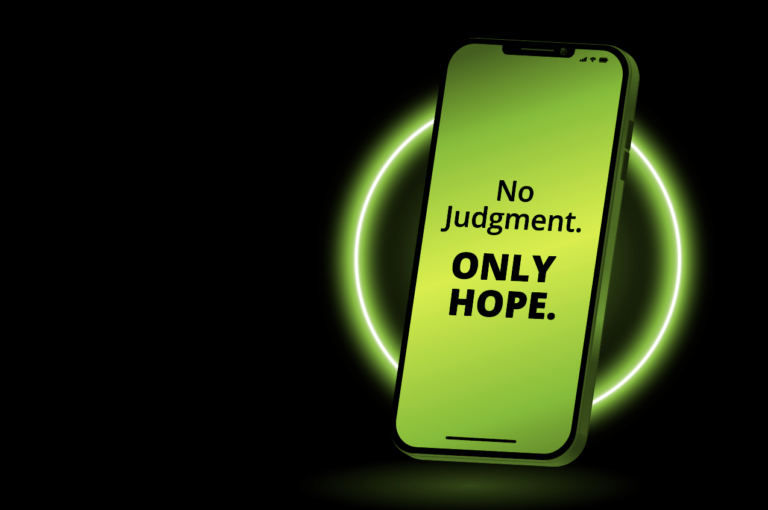Digital strategy is nuanced and ever-changing. We break down a new targeting modification and how to navigate it here.
Digital ads are one of the best ways to connect with an audience quickly and effectively. Smart strategy, clever copy and captivating design create ads that make viewers want to learn more. To make sure these ads are positioned toward the most relevant audience, certain types of targeting can be used to connect people who would be most interested in the topic with the content.
In many cases, utilizing data to determine viewership is beneficial for both the advertiser and the audience. It allows people who want or need an offering to have easy access to it, and their engagement leads to desired results. But using data around sensitive personal information can be more complicated, with potential to cross privacy boundaries and cause problems.
As of March 17, Facebook will be removing many targeting options related to health, race, ethnicity, political affiliation, religion, and sexual orientation. While this change may impact certain campaigns, it’s an important step for Meta to take as it attempts to curb the spread of misinformation on its platforms. Being able to specifically target groups of people who are susceptible to manipulation has led to the era of misinformation in which we currently live.
To keep campaigns performing well, marketers will now have to enlist other tools in the Facebook toolkit. It is more important than ever to have pixels installed on your site to track your site’s visitors. The future of marketing to these groups is through lookalike audiences, which are automatically generated based on other people who have visited your page.
Platforms continually make changes to their user experience and configuration, and Facebook’s targeting adjustments are a reminder of the importance of adaptability and versatility. Continuing to invest in creative strategy and consistent content that create a strong brand identity will lay an infallible foundation for your ad strategy, while using a range of digital tools will continue momentum in a changing data landscape.





